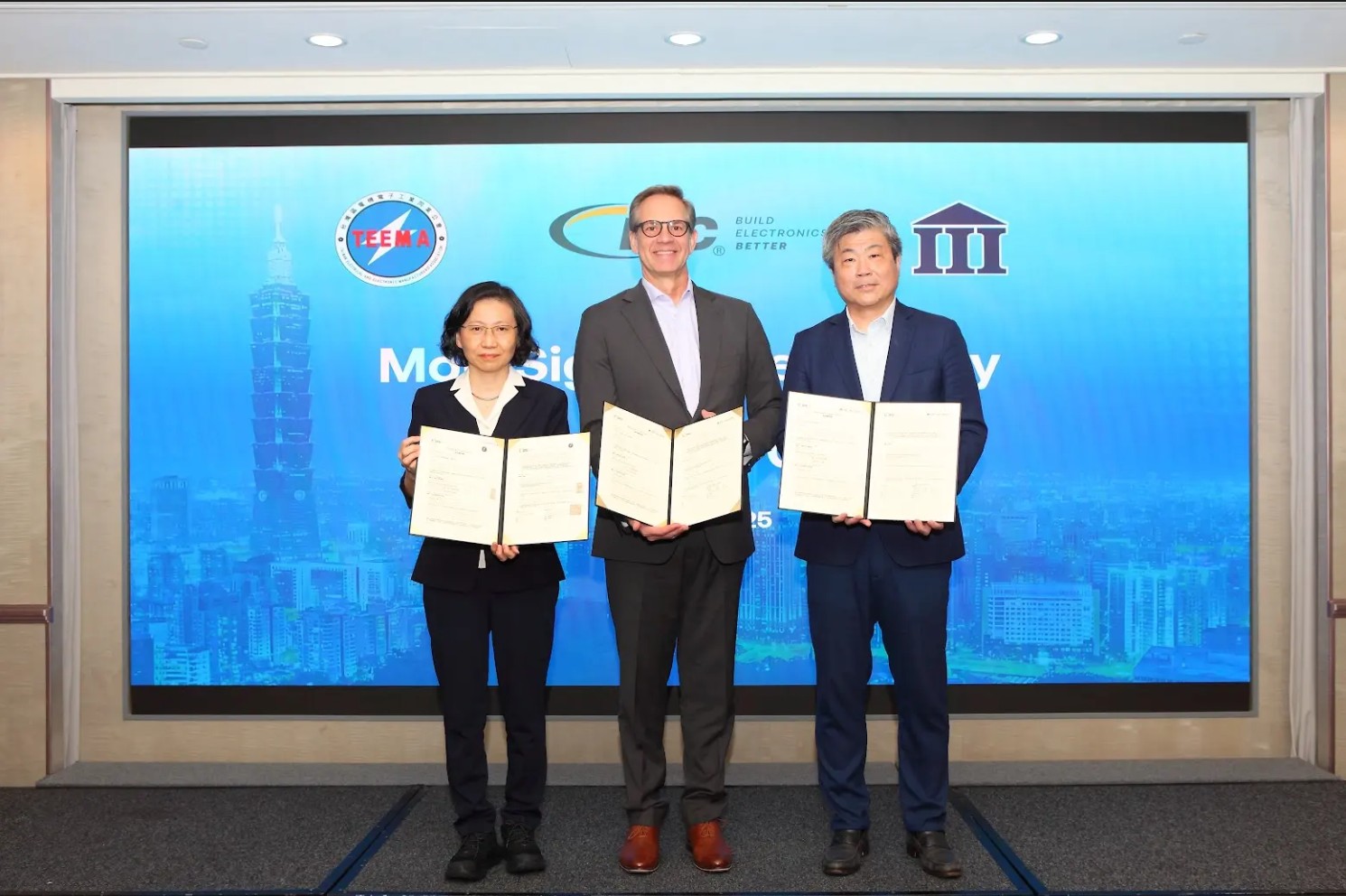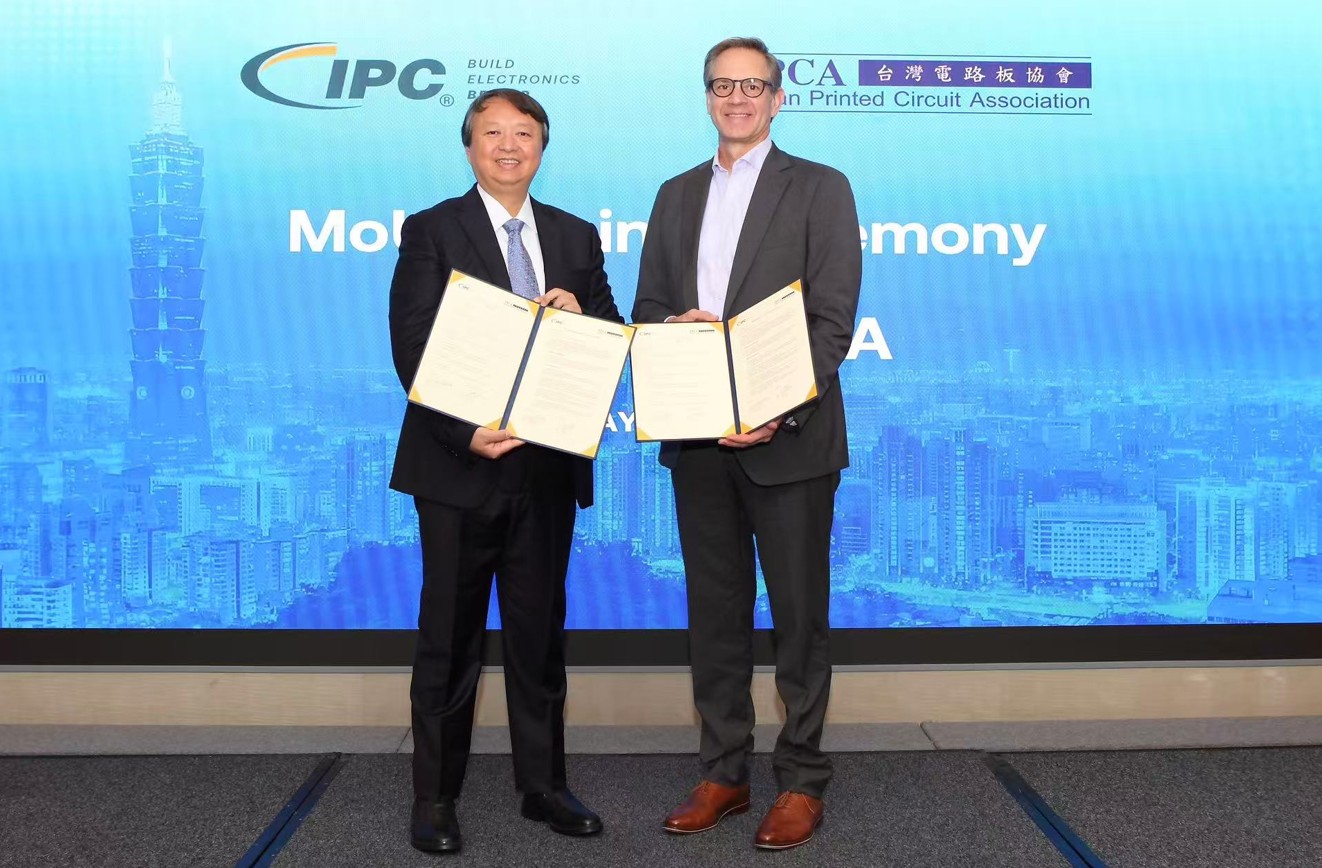As electronics manufacturing continues to evolve, so too does the need for a well-trained, knowledgeable workforce. One essential skill—especially for those working on printed circuit board (PCB) assembly lines—is the ability to identify a wide range of electronic components accurately and efficiently.
To support this need, IPC has launched two new online training courses designed to build and strengthen Component Identification (ID) skills across multiple experience levels. Whether you're just starting out or already working in a technical role, these courses can help boost confidence, accuracy, and career-readiness.
Two Courses. One Foundation. Multiple Career Paths.
The new IPC Component ID course offerings are:
While both courses cover similar ground in terms of the component types presented—resistors, capacitors, transistors, diodes, and integrated circuits—their depth, instructional style, and target audience differ significantly.
Who Should Take the Introduction Course?
If you're new to electronics or onboarding entry-level assembly workers, the Introduction to Component Identification for Electronics Assembly course is the perfect place to begin. This self-paced training provides foundational knowledge in a highly accessible format. It’s particularly well suited for:
- New hires in electronics manufacturing
- High school and technical college students
- Workforce development program participants
- Anyone exploring a career in electronics assembly
The course walks learners through the visual characteristics of common components, how to read basic labels and markings, and how to match components to documentation. It's intentionally designed to be low-barrier, making it ideal for upskilling individuals without a technical background.
And because it’s free to IPC members, this course represents a valuable resource for employers looking to strengthen internal training without adding cost.
When to Advance to the PCB Assembly Course?
The Component Identification for PCB Assembly course provides a more rigorous, practical learning experience for more experienced professionals, such as line technicians, quality inspectors, or engineers working in surface mount or through-hole PCB assembly.
This advanced training dives deeper into:
- Component function in circuit applications
- Datasheet interpretation
- Handling and storage concerns (such as ESD sensitivity)
- The course also includes interactive activities and real-world visuals to help learners apply their knowledge in a manufacturing context. It’s ideal for individuals who:
- Are transitioning into quality or inspection roles
- Need to read and interpret bill of materials (BOMs)
- Work with procurement or supplier quality assurance
- Are preparing for IPC certification programs
By focusing on application rather than just recognition, this course ensures that learners are equipped to identify components and understand their role in performance and reliability.
Building Career Pathways in Electronics Manufacturing
Both of these courses reflect IPC’s commitment to closing the skills gap in electronics manufacturing. As the industry faces increasing demands for precision, speed, and reliability, a well-trained workforce is essential for success.
"Component ID is a foundational skill for anyone working in electronics manufacturing," said Carlos Plaza, Senior Director of Education Development at IPC. "These two courses provide flexible, scalable training options that meet learners where they are—whether they’re just starting out or seeking to deepen their expertise."
Companies can also use the two-tiered approach as a progression model, starting new employees in the introductory course and advancing them to the more technical training as they grow in their roles.
Start Learning Today
Both Component ID courses are now available in IPC EDGE:
If your organization is already an IPC member, you can enroll your team in the introductory course today at no cost. Not a member? Learn more about IPC membership here.
Training managers looking to build a customized learning path or integrate these courses into a broader workforce development program can complete this form to contact our education team and learn more about group enrollment and subscription options.
The Right Skills, Right Now
Component Identification may seem like a small part of electronics manufacturing, but it has big implications for quality, efficiency, and reliability. These new courses from IPC ensure that employees at every level are equipped with the knowledge they need to succeed in today’s fast-paced production environments.
With flexible, engaging content aligned to industry needs, IPC is helping the electronics workforce stay sharp, capable, and ready for what’s next.




